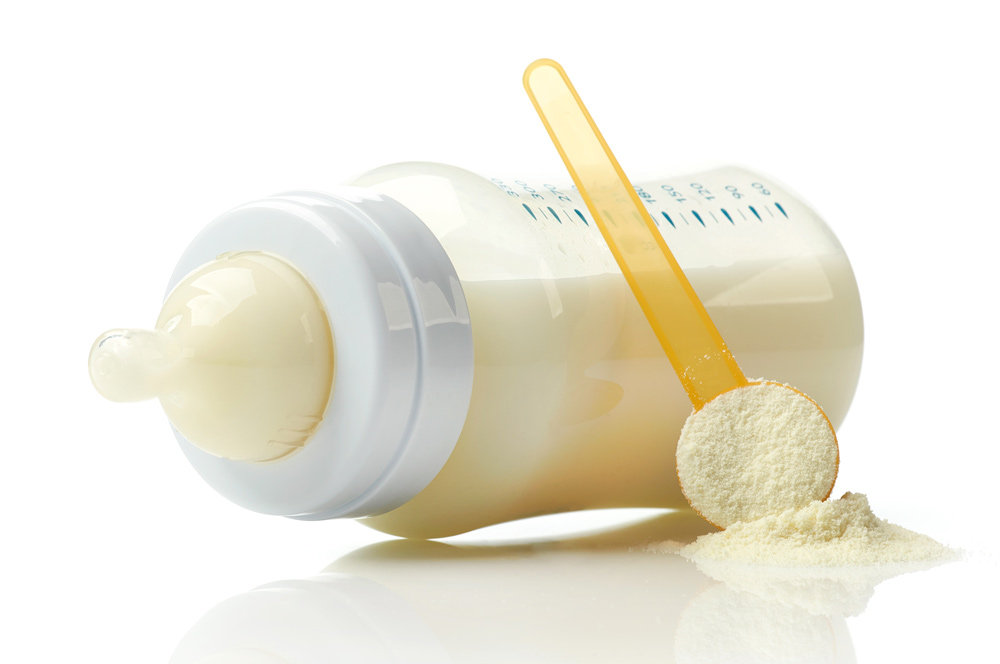Life-threatening baby formula shortage requires fast action, Notre Dame expert says
Published: May 12, 2022 / Author: Shannon Roddel

A shortage of baby formula in the United States that for months has been problematic, has become a national crisis in recent weeks with store shelves empty, retailers limiting purchases and parents beginning to panic.
According to Datasembly, the nationwide out-of-stock rate for baby formula now stands at 40 percent.
The Food and Drug Administration (FDA) has granted permission for Abbott Laboratories to partially restart its troubled, shuttered Michigan plant to help alleviate the nationwide shortage and ship previously produced products. Yesterday, (May 11), Abbott announced it could restart production within two weeks.
As a result of the COVID-19 pandemic, consumers have experienced a number of product shortages, but none as critical as baby formula, according to Kaitlin Wowak, associate professor of IT, analytics and operations at the University of Notre Dame’s Mendoza College of Business.

Kaitlin Wowak
“Over the last few years, we have seen important products in short supply, including toilet paper, hand sanitizer, PPE and ventilators, to name a few, but no product as critical as baby formula,” said Wowak, who specializes in supply chain disruptions, including product shortages. “This is a product shortage issue that needs to be remedied immediately as infant lives hang in the balance.
“Baby formula is a critical product because if parents can’t get it, what do they feed their infants? “There aren’t substitutes for baby formula, which makes product supply issues particularly dangerous to a vulnerable population — infants. Baby formula is made for infants who don’t have a mature immune system, so product quality is of utmost importance and a shortage can cause consumer panic, as parents scramble to get their hands on formula to feed their babies.”
In addition to underlying supply chain issues, Abbott initiated a baby formula recall in February, which is contributing to the shortage.
“Abbott’s baby formula production is reduced and inventory that accumulated along the supply chain is no longer available to consumers, as a result of its recall,” Wowak said. “Abbott restarting production in two weeks will help alleviate the shortage, but it won’t completely solve the issue and there will be a lag before inventory is available to consumers.”
Wowak says other companies that produce baby formula could potentially increase their production capacity to compensate for Abbott’s reduced production, but they also will be at the mercy of supply chain issues restricting their ability to flex production.
“Also, because baby formula is under FDA oversight, not just any company can start producing baby formula in the short-term,” Wowak said. “When we needed more PPE (personal protective equipment), any company producing related products could quickly pivot their operations and start producing masks or other PPE, but that is not the case with baby formula as the regulations around baby formula are much tighter.”
There have been increasing calls for the government to take action, and reports from the FDA indicate it is doing all it can to help address the shortage. Wowak says this particular product shortage mandates fast action.
Contact: Kaitlin Wowak, 574-631-6685, katie.wowak@nd.edu
Originally posted on ND News.
Related Stories




